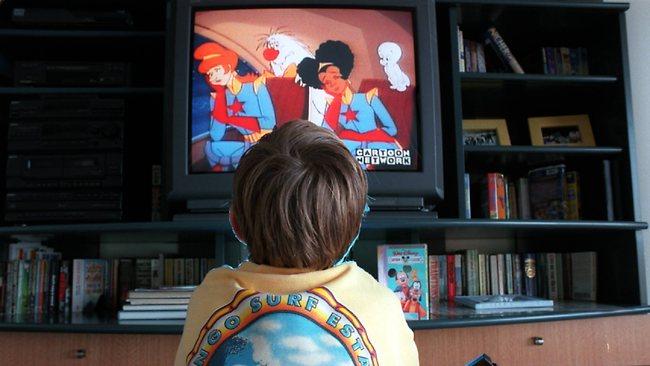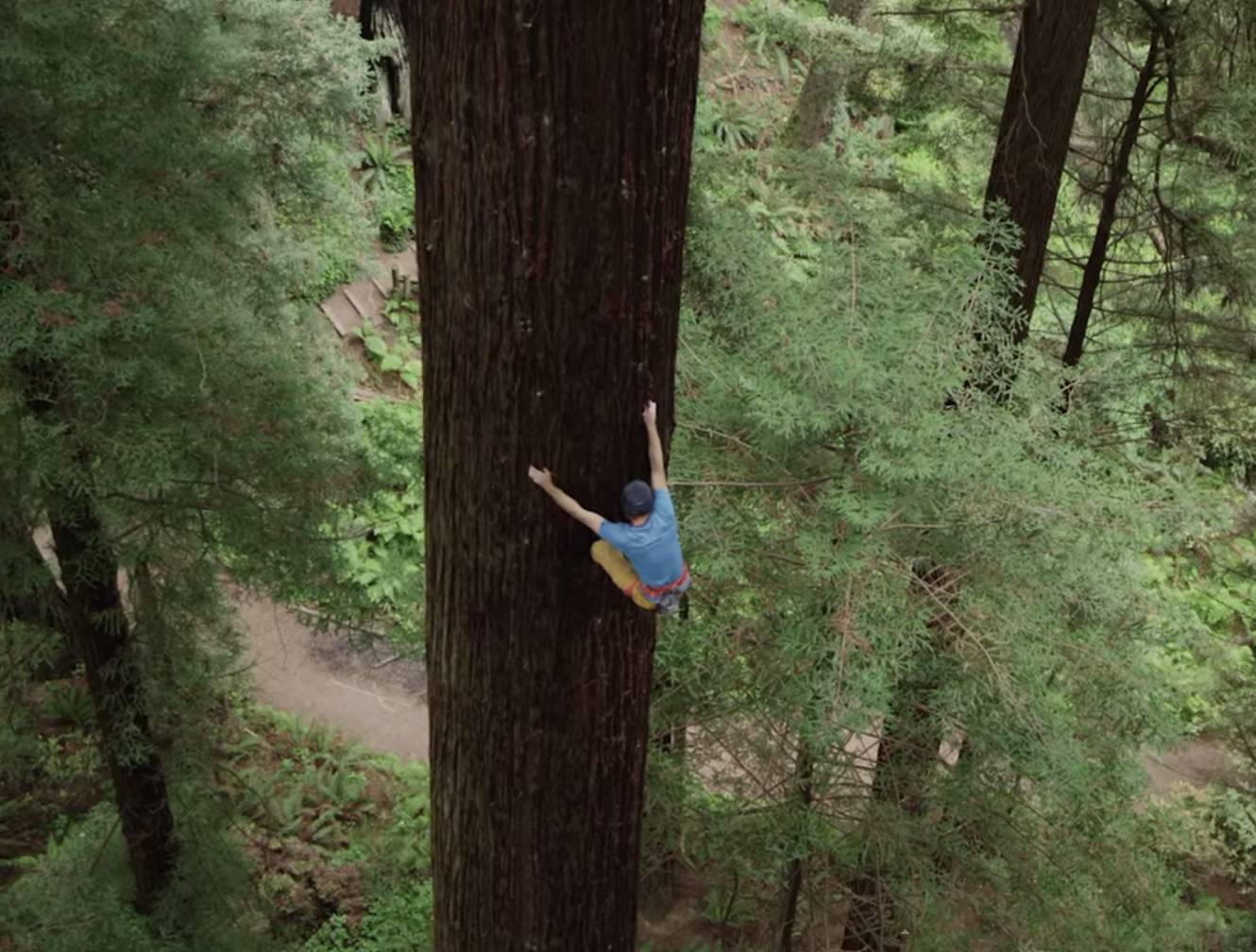How to Run in the Dark: A Message to Young Job-Seekers
How to Run in the Dark: A Message to Young Job-Seekers
Wednesday, December 21, 2022
by Devin Maitra
 When you were younger, do you remember being asked, “What’s your dream job”? The answer
itself isn’t that important, but do you remember why you chose it? For a large number
of kids, this answer was inspired by television. Maybe they saw a great movie about
an astronaut, or they watched their favorite player score a touchdown. Maybe they
saw a scientist save the day with an invention, or a firefighter rescue a family from
a burning building. Movies and television were filled with vibrant displays of what
different types of careers could look like, and kids, with their impressionable nature,
would latch onto careers that they thought were cool or suited them best, just like
choosing which superhero to dress up as for Halloween. Media had a huge impact on
who and what we were aspiring to be.
When you were younger, do you remember being asked, “What’s your dream job”? The answer
itself isn’t that important, but do you remember why you chose it? For a large number
of kids, this answer was inspired by television. Maybe they saw a great movie about
an astronaut, or they watched their favorite player score a touchdown. Maybe they
saw a scientist save the day with an invention, or a firefighter rescue a family from
a burning building. Movies and television were filled with vibrant displays of what
different types of careers could look like, and kids, with their impressionable nature,
would latch onto careers that they thought were cool or suited them best, just like
choosing which superhero to dress up as for Halloween. Media had a huge impact on
who and what we were aspiring to be.
Now, as we’ve matured, where does our inspiration come from? One major source would be the ocean of information swallowing us from the internet. TikTok, Facebook, Twitter, YouTube, Netflix, livestreams, games… All of these sources of information influence kids, teens, and adults every day. So how could this be a problem? Isn’t access to more information good?
Yes, with discernment and digital literacy, media can provide a constant feed of fresh ideas and creativity. It brings people perspectives they would’ve never even considered if it weren’t for the internet delivering it to them from around the world. People with all types of careers and lifestyles can share their experiences with the rest of the world with a single click, post, or upload. It used to be that you might be able to catch a documentary about a faraway land on TV every now and then, but now you’re only one Google search away from any piece of information you’d ever want to know, on demand.
From bee-keeper to neuroscientist, all careers have a variety of experiences, and extensive analyses of these experiences can be found all over the internet. You can research the day-to-day responsibilities, work-life balance, culture, salary, growth opportunities, and job security for nearly every career. With this information available to a young person trying to prepare themselves for the world, they can leverage these testimonials to make an educated decision on what career they want to pursue. The problem occurs when they begin to doubt themselves and wonder, “What if I make the wrong choice?”. The ability to scour the internet for personal stories about the internship or job you’re about to pursue is a double-edged sword: you are gifted with information that can protect you from surprises, but now you may feel that don’t have an excuse to make a mistake. Landing a job or starting a career you don’t end up liking must be a consequence of your lack of research, right? Was there a TikTok that you missed warning you about how late you’d be getting home from your architecture job? Where was the Reel detailing just how often you’d have to teach your superiors how to open a PDF? Choosing a career out of a pool of tens of thousands of jobs is an impossible task that we now expect middle-school-aged kids to undertake in school--a task akin to finding a needle in a metal-colored haystack.
This is where experiential learning comes into play. Experiential learning programs like internships, externships, study abroad trips, volunteering, and leadership opportunities allow students explore their interests without the pressure of a career commitment. In this way, the beauty of these programs is their limited scope. So often people view leaving a job they don’t like as a personal failure. A wrong answer to an equation where they thought they had all the variables figured out. Sometimes you really can’t know what you’re getting into, though, no matter how much research and planning you put into a decision. It’s the expectation of perfect alignment and the regret of failure that make people feel like they’ve seriously messed up. In reality, they’re actually walking away from that job with an answer (“No, not this one”) and an opportunity to reflect on why that job was not a good fit (which is one of the tenets of experiential education). It can be just as important to know what doesn’t work as it is to know what does. You absolutely cannot know until you try. We call it experiential learning, after all.
There was a time when people fondly looked back on their old jobs and saw them as badges of honor or steppingstones toward the future they wanted, rather than mistakes that were made or time that was lost. I feel like, now, people don’t give failure its due credit because they have to trust in it without experience informing their actions. Obviously, failure shows what went wrong, but it also can help you figure out what you need to do right. People regret not taking chances in their life far more than they regret going with their gut. Having a perfect track record and résumé sounds ideal, but when you’re running in the dark, the only way to move forward involves hitting a few walls on the way. Reading articles isn’t always going to prepare you for your life. If you’re a creative writer, you might just fall in love with the process of creating complex interactions between lines of code that form an intricate and brilliant solution. If you’re a painter, you might find a profound satisfaction in picking up a hammer and building something marvelous with your own hands. You only have this life to live, so don’t get hung up trying to make the perfect plan for it. Some of the most satisfied and successful people stumbled, tripped, and fell into the “right” spot. You’ll be okay, and you will only come out on the other side stronger and more knowledgeable. You’re going to lose a lot more from indecision than wrong decisions. Trust in the value of experience. Go ahead, test drive your future.

Devin Maitra is the Operations Coordinator for the Office of Experiential Learning at the University of Georgia. Devin also manages the EL Ambassadors Program. Stay up to date on all of UGA’s Experiential Learning programs at el.uga.edu and follow us on Instagram.